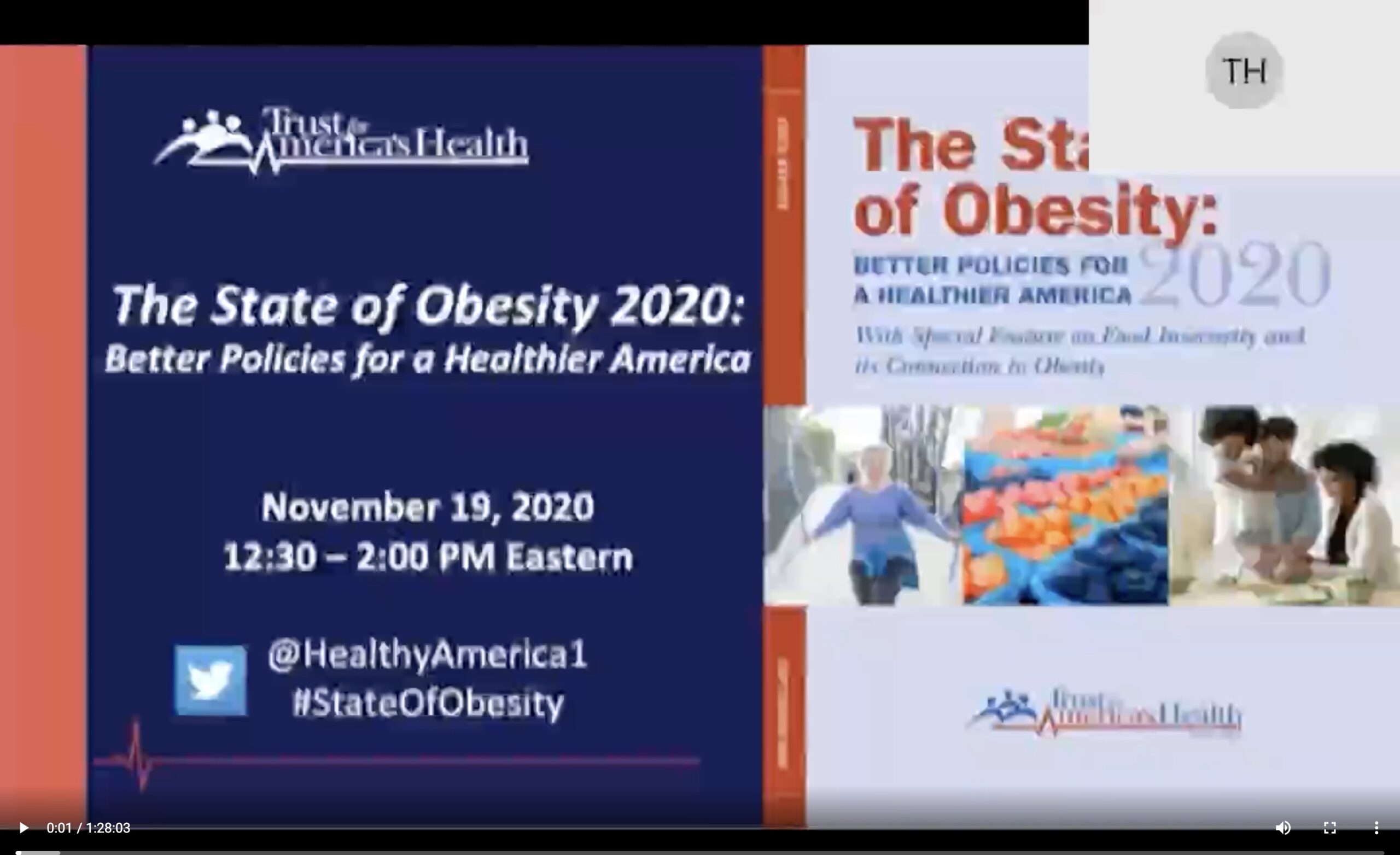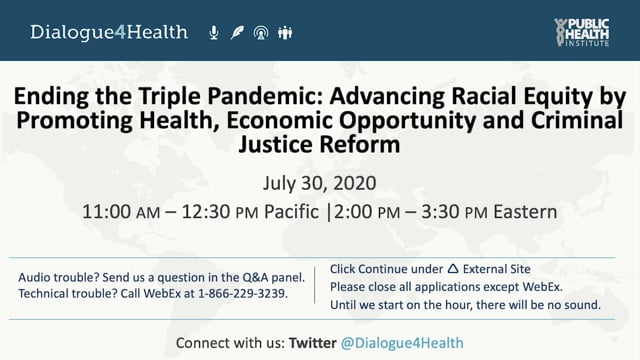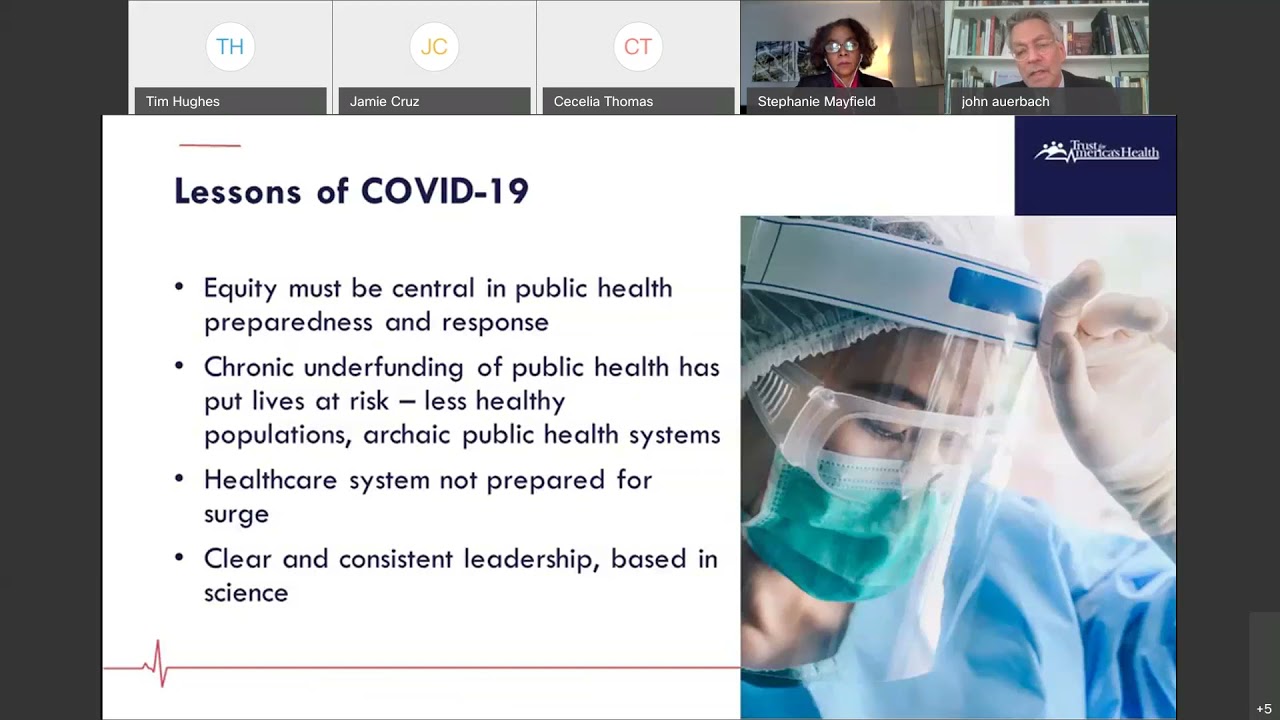
Deaths associated with alcohol, drugs, and suicide took the lives of 186,763 Americans in 2020, a 20 percent one year increase in the combined death rate and the highest number of substance misuse deaths ever recorded for a single year. These data are part of a report releasing today, Pain in the Nation: The Epidemics of Alcohol, Drug, and Suicide Deaths, the latest in a series of reports tracking the nation’s deaths of despair crisis produced by Trust of America’s Health and Well Being Trust.
No single program or policy will be a cure-all to address these issues. Instead, a comprehensive approach that focuses on the underlying causes of these deaths of despair can help heal individuals and communities and make them more resilient.
Resources:
Trust for America’s Health
Well Being Trust

As the nation enters its third year of the COVID-19 pandemic, this year’s report calls for urgent investment to create a public health system able to protect all Americans’ health during emergencies. The report measures states’ degree of preparedness to respond to a wide spectrum of health emergencies and to provide ongoing public health services.
A panel of subject matter experts discussed the nation’s readiness for public health emergencies, examined the findings of the report, and discussed key recommendations for policymakers.
Resources:
Trust for America’s Health
Office of Minority Health, Centers for Disease Control and Prevention
Articles shared by Céline Gounder, MD, ScM, FIDSA

On November 10, 2021, TFAH held a virtual congressional briefing and national webinar to explore findings from the State of Obesity 2021: Better Policies for a Healthier America report. The report examined how the social and economic factors linked to obesity were exacerbated by the COVID-19 pandemic. The 18th annual report found that 16 states had adult obesity rates at 35 percent or higher, up from 12 states the year before.
Panelists covered the latest data on obesity and its impacts, highlight promising approaches to ensure healthier communities, and offer policy recommendations that can help all Americans lead healthier lives.

For the first time since data has been tracked, the U.S adult obesity rate passed 40 percent – 42.4 percent of U.S. adults have obesity. In 2019, 12 U.S. states (AL, AR, IN, KS, KY, LA, MI, MS, OK, SC, TN and WV) had adult obesity rates at or above 35 percent, up from zero states above the 35 percent mark as recently as 2012. In 2020, these statistics take on new significance: recent studies have shown that people with obesity who get COVID-19 are more likely to be hospitalized and end up in intensive care than individuals without obesity.
Our panel of experts covered the latest national obesity rates and trends, highlighting promising approaches that states and localities have undertaken to ensure healthy communities. In addition, they offered policy recommendations that can incorporate innovative approaches to help all Americans lead healthier lives.
Resources

On July 30, Trust for America’s Health, American Public Health Association, NAACP, the National Black Nurses Association, the National Collaborative for Health Equity, and the National Medical Association hosted a virtual Congressional briefing focused on the disproportionate health and economic impacts of the COVID-19 pandemic on the Black community and other communities of color, and how structural racism drives systemic inequities in health, the economy, and criminal justice.
TFAH and our co-sponsors have compiled the following resources:
- Congressional Briefing Recording (July 30, 2020)
- COVID-19 and the Disproportionate Impacts on Communities of Color, TFAH (July 29, 2020)
- Creating the Healthiest Nation: Advancing Health Equity, American Public Health Association (2020)
- National Collaborative for Health Equity Fact Sheet (2020)
- Allegories on race and racism, Dr. Camara Jones, TEDxEmory (July 10, 2014)
-
- We Hold These Truths, AAC&U and TRHT Institute (2020)
- Minimum Wages and Racial Inequality, Derenoncourt and Montialouix (June 26, 2020)
- Examining the Black-White Wealth Gap, Brookings (February 27, 2020)
- Racial and Ethnic Disparities in Access to Use of Paid Family and Medical Leave: Evidence from Four Nationally Represented Datasets, U.S. Bureau of Labor Statistics (January 2019)
- Toward the Science and Practice of Anti-Racism: Launching A National Campaign Against Racism, Dr. Camara Jones, Ethnicity & Disease (2018)
- How Understanding Racism Can Move Public Health to Action, Dr. Camara Jones, The Nation’s Health, APHA (February 2016)
- Kelly Report: Health Disparities in America, Congressional Black Caucus Braintrust (2015)
- Systems of Power, Axes of Inequity Parallels, Intersections, Braiding and Strands, Dr. Camara Jones, Medical Care (October 2014)
- Addressing the Social Determinants of Children’s Health: A Cliff Analogy, Dr. Camara Jones, et al. Journal of Health Care for the Poor and Underserved (2009)
- Levels of Racism: A Theoretical Framework and a Gardener’s Tale, Dr. Camara Jones, American Journal of Public Health (August 2000)
Pending Congressional Legislation:
Trust for America’s Health thanks our Congressional briefing cosponsors:
American Public Health Association
NAACP
National Black Nurses Association
National Collaborative for Health Equity
National Medical Association






